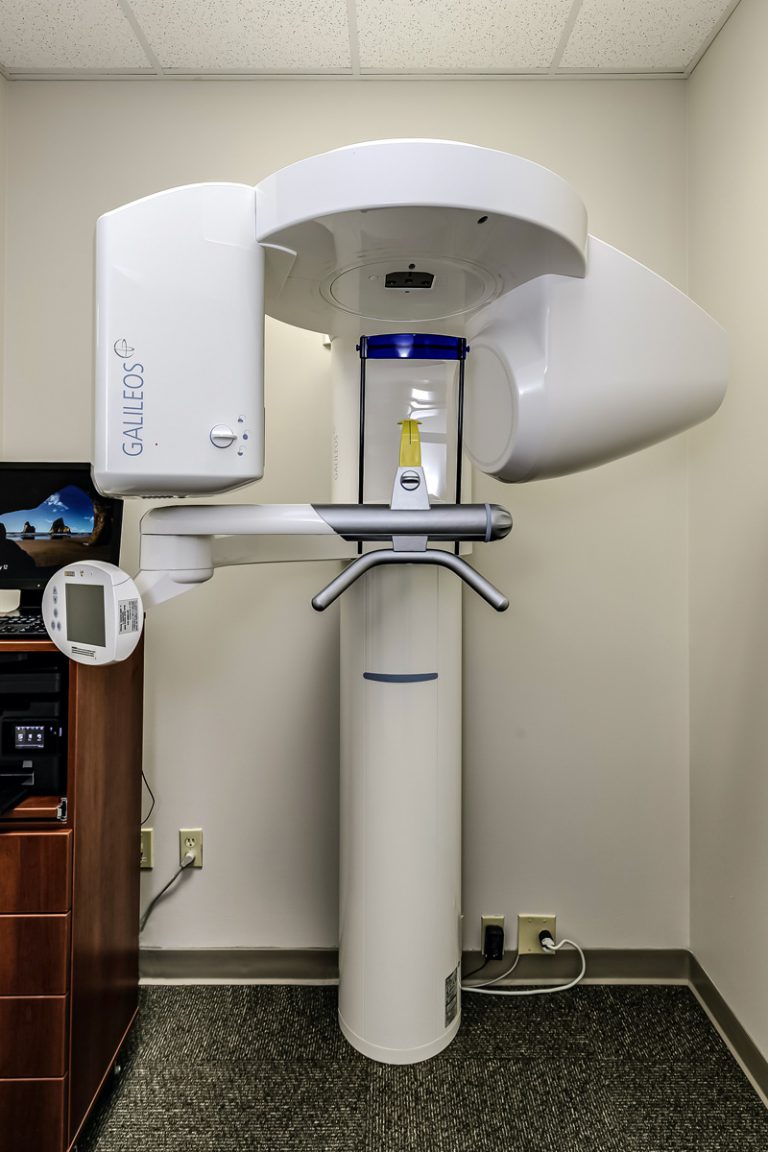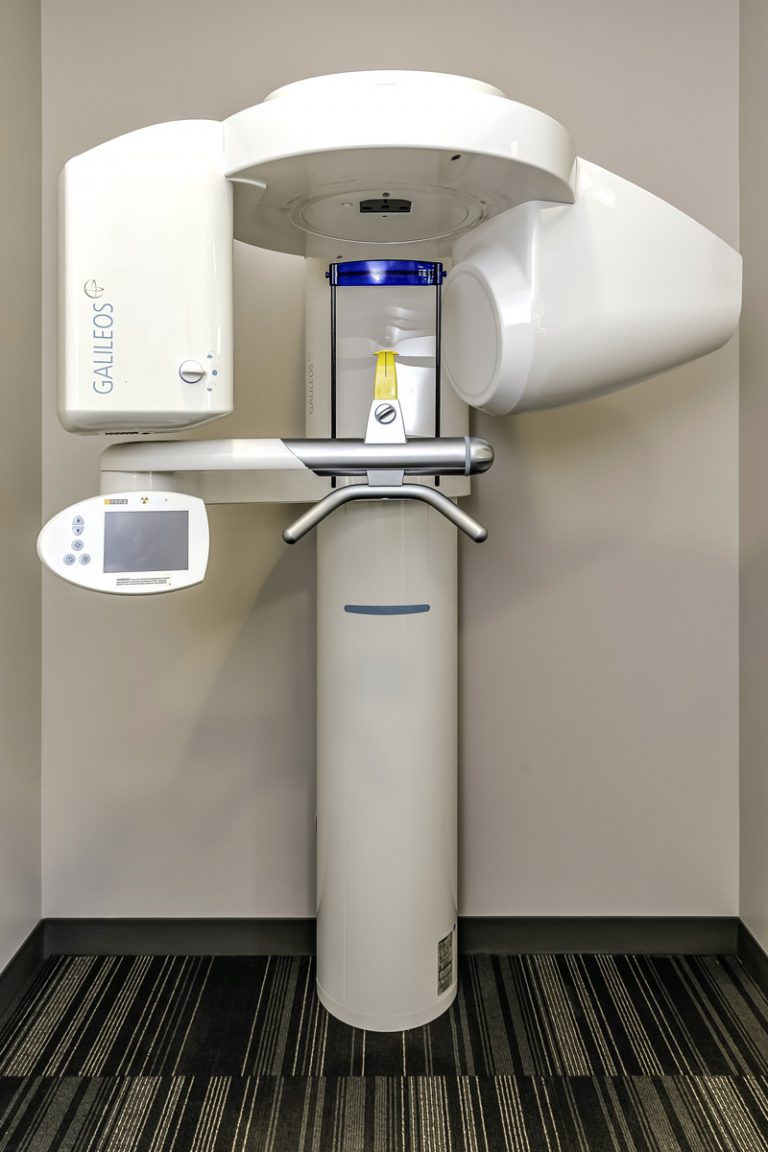To Zestril For Sale Visit Our Pharmacy ↓

Zestril: a Breakthrough in Kidney Disease Treatment
Recognizing the signs early can lead to prompt treatment, thereby reducing the risk of complications. Zestril offers a ray of hope for patients struggling with cardiovascular issues, letting them lead fuller lives. One critical aspect is monitoring blood pressure and renal function closely, especially during the initial adjustments of the dosage. Moreover, Zestril improves cardiac output by enhancing the relaxation of arteries and veins, which can be particularly beneficial in the context of diabetic cardiac dysfunction. Zestril medication, while effective in treating hypertension and heart failure, may also bring about a range of potential side effects and require certain precautions for safe use. The mechanisms behind such mood alterations are not entirely clear but are thought to relate to Zestril's influence on the body's chemical balance, particularly concerning neurotransmitters. Lisinopril has been widely prescribed due to its efficacy and also because it is well-tolerated by patients.
How Zestril Works in the Body
It is crucial for individuals to understand the risk factors and symptoms associated with CKD to seek timely medical attention and receive appropriate treatment. Its ability to target the underlying causes of the disease and its proven efficacy in slowing down its progression make it an invaluable tool for healthcare professionals. Understanding why Zestril leads to swelling involves a deep dive into the drug's mechanism of action. Whether you're an athlete looking to enhance your performance or a patient seeking to manage a heart condition, Zestril's versatile benefits make it a valuable ally in the pursuit of optimal circulatory health. Health professionals emphasize the importance of reporting new or worsening symptoms as promptly as possible. Common side effects can include dizziness, headaches, and fatigue. It offers a glimmer of hope for those suffering from this silent epidemic, promising a brighter future in the management of CKD.
Heart Health Benefits Beyond Blood Pressure Regulation
Diabetes mellitus often leads to diabetic cardiopathy, a condition characterized by changes in the structure and function of the heart. Zestril Medication is commonly prescribed to patients with hypertension to help manage their blood pressure levels. Research indicates that Zestril helps improve heart function, particularly by reducing the strain on the heart and preventing the heart muscle from enlarging. The disease is characterized by the gradual loss of kidney function over time, resulting in the accumulation of waste and fluid in the body. By improving the efficiency of the heart's pumping action, it alleviates the workload on the heart, leading to marked improvements in daily activities and quality of life. Zestril, known generically as lisinopril, is a stalwart in the realm of cardiovascular treatment. With its potential to revolutionize CKD treatment, Zestril represents a promising future in combating this widespread health issue.
Zestril and the Prevention of Heart Complications
As healthcare providers strive to optimize patient care, staying informed about the benefits, side effects, and proper administration of Zestril will be essential in delivering quality healthcare services in the ever-evolving landscape of pharmaceuticals and patient management. Typically, physicians start patients with a low dose to minimize potential side effects and then gradually increase it. By diminishing the effects of angiotensin II, the drug mitigates progression of heart failure and prevents left ventricular hypertrophy, a common response to chronic high blood pressure. Patients experiencing this inconvenient side effect are often caught in a dilemma between managing their cardiovascular conditions and sustaining quality sleep. Those prescribed Zestril are advised to monitor for symptoms of swelling and to discuss any concerns with their healthcare provider immediately to manage this side effect effectively. This transformative alliance empowers them to not merely manage their condition but to reclaim their vitality, embracing a future where they thrive, not just survive. This inhibition leads to decreased levels of angiotensin II, resulting in dilated arteries and lower blood pressure.
Overview of Ace Inhibitors and Their Uses
For many patients, this cough is more than just a nuisance; it can be significantly disruptive to daily life, affecting sleep quality and social interactions. As a result, Zestril can be a valuable ally in promoting cardiovascular fitness, empowering individuals to reach their fitness goals while prioritizing their long-term heart health. Prior to being prescribed Zestril, John was experiencing frequent complications associated with his kidney disease, including fluid retention and high blood pressure. Studies have shown that Zestril can effectively lower blood pressure and reduce the amount of protein in the urine, both of which are crucial for preserving kidney function. Initially designed to treat high blood pressure, it has proven versatile in managing various cardiovascular conditions. Studies have shown that Zestril tends to deliver a consistent blood pressure lowering effect throughout the day, potentially due to its longer half-life. Furthermore, individuals experiencing severe reactions may require an adjustment in their medication regimen, under the guidance of their healthcare provider, to ensure their overall health and well-being.
How Zestril Affects Your Nighttime Bathroom Trips
Regular monitoring of blood pressure and kidney function helps in adjusting the dosage more precisely. After starting Zestril, she not only saw a significant drop in her readings but also felt more energetic. Zestril's Impact on Heart Disease Patients. Patients who are prescribed Zestril have reported noticeable improvements in their kidney function and overall well-being. By dampening the angiotensin II pathway, Zestril facilitates a reduction in blood pressure and an accompanying decrease in afterload, thereby mitigating the stress on the heart muscle and enhancing recovery. Zestril, also known as lisinopril, is an angiotensin-converting enzyme (ACE) inhibitor that plays a crucial role in managing high blood pressure and heart failure. Moreover, newer advancements have focused on combining Zestril with other antihypertensive agents to enhance patient compliance and improve outcomes, tailoring therapy to individual needs.
Zestril Vs
Zestril inhibits the angiotensin-converting enzyme (ACE), which plays a significant role in controlling blood pressure. Zestril, a widely recognized ACE inhibitor, has garnered attention for its therapeutic benefits following a myocardial infarction (MI). This medication acts as an angiotensin-converting enzyme (ACE) inhibitor, which helps to relax and dilate blood vessels, reducing the strain on the heart. Zestril, an angiotensin-converting enzyme (ACE) inhibitor, plays a crucial role by promoting vasodilation, which eases blood flow and reduces the workload on the heart. The drug's action of inhibiting the angiotensin-converting enzyme leads to reduced blood pressure and decreased afterload on the heart, translating to a lesser likelihood of future cardiovascular events. After starting Zestril as part of her treatment plan, Maria experienced a remarkable improvement in her kidney function. This angiotensin-converting enzyme (ACE) inhibitor not only regulates blood pressure but also actively promotes cardiovascular health..
Benefits of Zestril for Patients
Zestril dosage guidelines and administration are crucial for ensuring optimal treatment outcomes. Through this customized plan, you'll be empowered to take an active role in managing your health, ultimately achieving the best possible outcomes. Moreover, the medication has been shown to impede the maladaptive remodeling of the heart, which is a common consequence of significant cardiac events, helping to preserve cardiac function and improve survival rates. By mitigating the strain on the cardiovascular system, Zestril can effectively postpone or even prevent the onset of heart-related complications, thus contributing to increased longevity and improved quality of life. Many patients rave about zestril, noting its efficiency in lowering blood pressure while maintaining minimal side effects. Promotes overall heart health. These FDCs pair lisinopril with calcium channel blockers or thiazide diuretics, offering a synergistic effect that often results in better blood pressure control with fewer side effects.
Real-life Success Stories of Zestril Users
By identifying and intervening early in those at risk, Zestril could potentially halt or even reverse the progression of the disease, preventing the need for more invasive treatments like dialysis or transplantation. Patients on Zestril often experience fewer episodes of hypotension compared to those on Enalapril. As an angiotensin-converting enzyme (ACE) inhibitor, Zestril works by relaxing blood vessels and easing the workload on the heart. Zestril, a brand name for the angiotensin-converting enzyme (ACE) inhibitor lisinopril, has been instrumental in the landscape of heart failure treatment. By interfering with the body's production of a hormone called angiotensin II, ACE inhibitors help to widen blood vessels and improve blood flow. In conclusion, understanding the mechanism of action of Zestril medication provides valuable insights into its efficacy and potential impact on patient outcomes. Additionally, lifestyle modifications, including regular physical activity and stress-reduction techniques, have shown efficacy in mitigating mood swings.
Mechanism of Action: How Zestril Benefits Heart Failure
While Zestril does not reverse the damage caused by a heart attack, its role in aftercare is pivotal. Management strategies might include symptomatic relief methods or exploring alternative treatments to maintain blood pressure control without the accompanying cough. Skin reactions, while uncommon, present a noteworthy concern for some individuals taking Zestril. Zestril, a game-changing medication, has emerged as a breakthrough treatment for this silent epidemic. Finding the right dosage of Zestril is crucial for maximizing its benefits in heart failure management. Ensuring a balanced fluid intake during the day and reducing consumption in the hours leading up to bedtime can also help alleviate nocturia symptoms. This approach may involve targeting multiple pathways involved in the disease, providing a more comprehensive treatment approach.










































